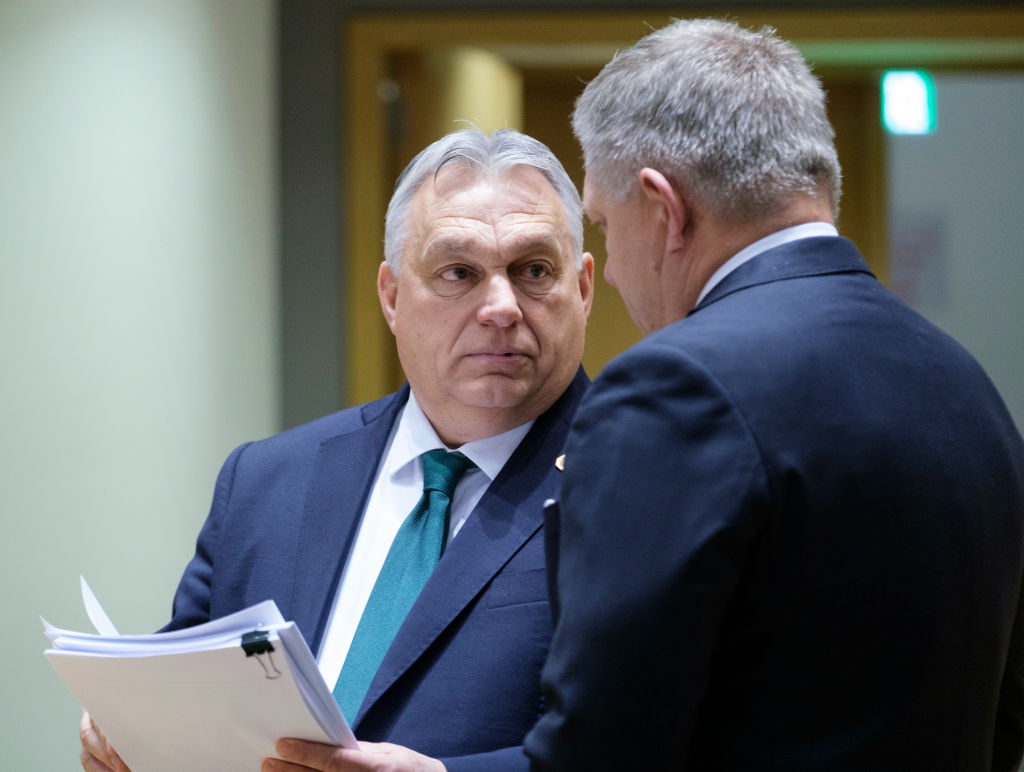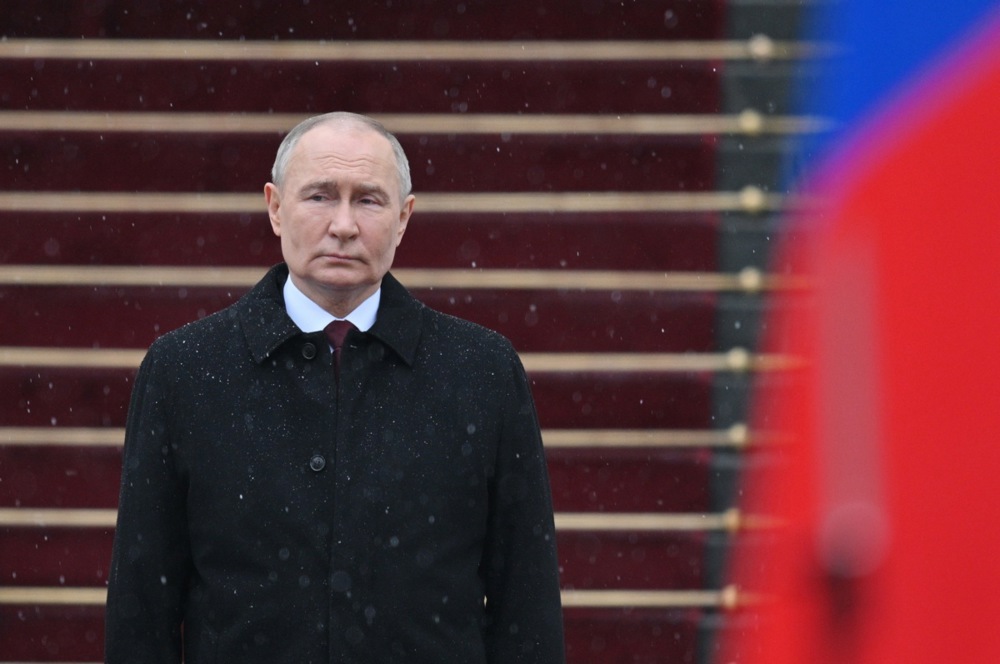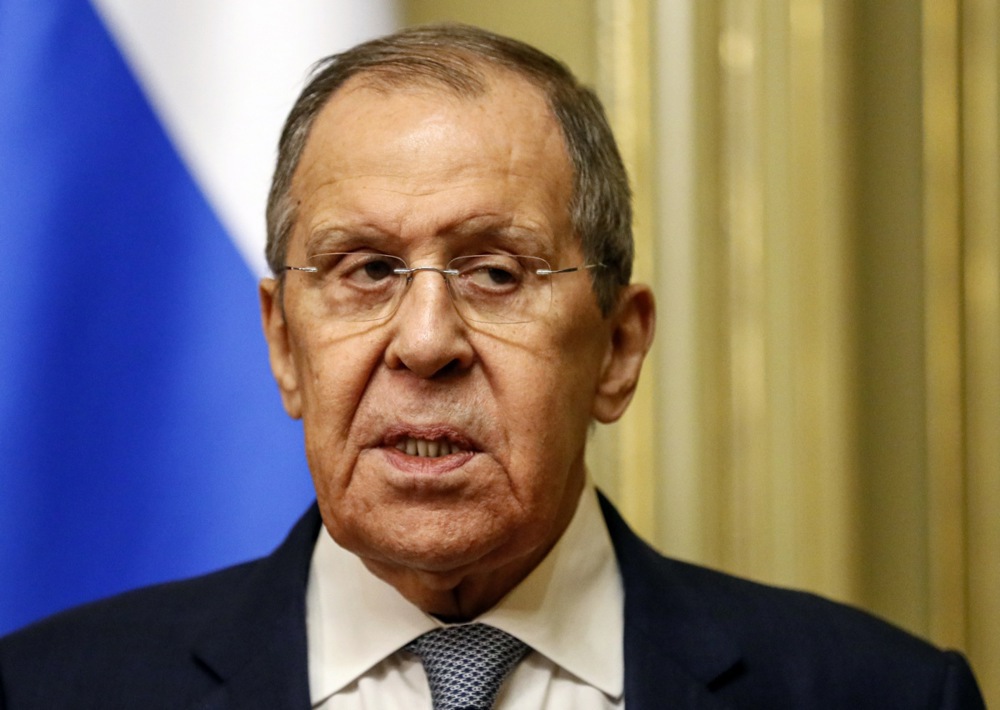NATO Secretary General Jens Stoltenberg says the organisation is prepared to go all-out against Russian spies following the latest acts of sabotage and cyberattacks on European Union Member States the organisation blames on Moscow.
He was talking at the beginning of the alliance’s meeting of EU defence ministers, which is taking place on June 13-14.
“We have seen several examples of sabotage, of arson attempts, of cyber-attacks, of disinformation,” he told attendees.
One of the main objectives of the meeting is to “address the Russian campaign of hostile activities against NATO allies.”
The NATO chief urged EU nations to intensify their campaign of reconnaissance and harassment of Russian spies on allied territory.
“I expect tougher restrictions on Russian intelligence personnel across the Alliance”, he said.
Another objective of the gathering is to make as much progress as possible in helping Ukraine.
“The aim of NATO policy is to limit gaps and delays in support to Ukraine,” Stoltenberg said. “There remains work to do to find agreement on the long-term pledge for Ukraine.”
On June 12, he secured the conditional support of Hungarian Prime Minister Viktor Orbán to drop Budapest’s veto on aid for the country, unlocking further backing for Kyiv.
Amid escalating tensions with Russia, NATO countries have expelled hundreds of alleged spies, with Moscow retaliating in kind.
NATO also expelled “undeclared Russian intelligence officers” working at Moscow’s mission to the alliance in Brussels.
Latvian Defence Minister Andris Spruds accused Russia of conducting a “hybrid war” against NATO.
“We see it in Latvia, but also all around NATO countries we see those potential incidents,” he said in Brussels.
“We deal with an aggressor country which has undermined the international rules-based order. Its activities don’t come as a surprise.”
Spruds highlighted Latvia’s particular vulnerability to Russian attacks due to its geographical proximity.
“Latvia, of course, is on the front line and we have been facing hybrid attacks for some time, including cyber attacks and the weaponization of illegal migration.”





